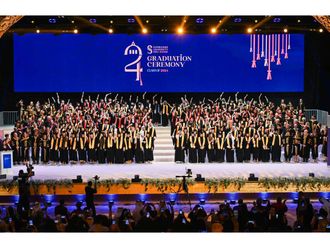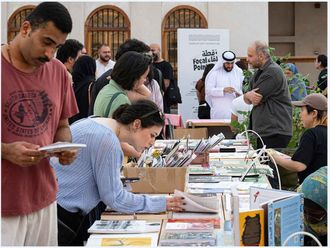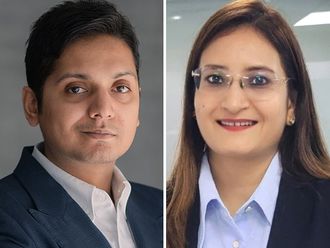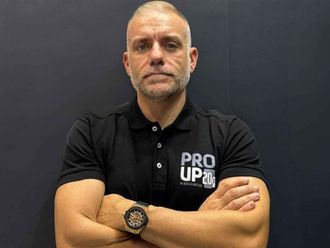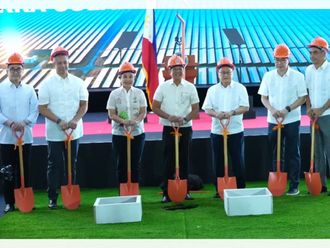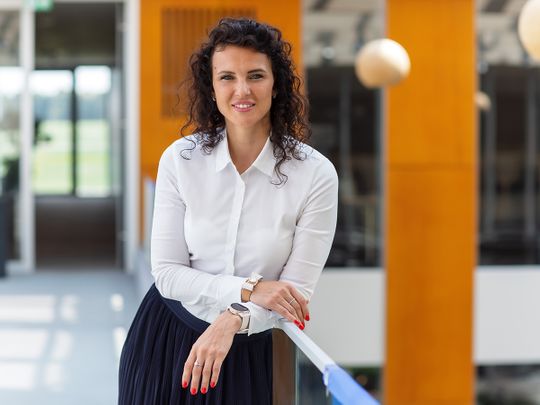
Climate change is one of the most sensitive issues in recent times. With record-breaking heatwaves causing forest fires in Europe, the warming climate is undoubtedly having negative consequences for countries like the UAE. Soaring temperatures and gradual rise in sea levels can affect the infrastructure as well as agriculture.
For this reason, developed countries are looking for ways to stop the disastrous processes. One of the most promising ways to solve climate change problems is the production of green hydrogen and its application in energy.
The European Commission has approved a Hydrogen strategy, which prioritises developing the production of green hydrogen from renewable resources. In the long term, hydrogen is to replace fossil fuels. The EU goal is to produce up to 1 million tons of hydrogen from renewable resources by 2024. A lot of attention and investments is directed to advance this objective.
After Russia attacked Ukraine, the issue of energy independence became especially important for many countries. For example, the government of Lithuania, located by the Baltic Sea, urgently submitted amendments to the documents regulating the establishment of wind power parks to review in the country's Parliament. This means that the state itself is interested in achieving complete energy independence, as well as looking for alternatives to fossil fuels.
As Lithuania aims at rapid transition to renewable energy, a national hydrogen sector development study was conducted. Independent foreign experts assessed that Lithuania has all the necessary opportunities and great potential to organise hydrogen production, storage, transfer, and export. Not only the natural conditions are suitable for this, but also the country’s geographical location and its infrastructure.
The production of green hydrogen requires water. This is a great advantage for Lithuania, that has more than 6,000 natural lakes and more than 30,000 rivers and streams, the total length of which is about 64,000 kilometres. The watery and windy area of the plains near the Baltic Sea is particularly suitable for hydrogen production.
Lithuanian hydrogen development study concludes that the country could also transport excess energy to hydrogen consumption centers in Europe. It is predicted that in 2025-2050, the greatest demand for hydrogen technologies will be in the industrial and transport sectors along with electricity and thermal energy production.
Agrokoncernas Group, the largest agricultural company in the Baltic States, plans to build three wind farms in Lithuania over the next three years. According to Alina Adomaitytė, Deputy General Director of the group, the installed capacity of these three wind parks would reach from 700 to 1000 MW. The possibility of producing green hydrogen through renewable energy solutions is also being considered.
"Lithuania is in a very favourable climate and geographical area. This is a watery land of the plains where there are no major barriers to the wind. The Baltic Sea ensures constant and sufficient wind power, while rivers and lakes provide the required amount of water. Excess energy generated in wind farms can be used to produce green hydrogen. Electricity produced in wind farms cannot be stored - it must be used immediately. So, it is hydrogen that solves the problem of green energy storage", says Adomaitytė.
She has no doubt that investments in renewable energy are promising and pay off quickly. Agrokoncernas Group has specialised in the field of agriculture until now, however, managing more than 20 thousand hectares of own land, the company has plans for other promising projects.
One of them is the construction of the most modern deep grain processing plant in Europe. This project is managed by Agrokoncernas GDP, a subsidiary of Agrokoncernas Group. According to its director Alina Adomaitytė, the company has prepared a ten-year investment plan, which includes the construction of a deep grain processing plant, wind power parks, modern farms, as well as the possibility of producing bioplastics, biogas, and green hydrogen.
"We are open to various partnerships that would help implement up-and-coming projects. One of the strategic goals of Agrokoncernas Group is to contribute to the green energy revolution not only in Lithuania, but also in foreign countries," says Adomaitytė.
This year, Agrokoncernas Group plans to establish a company in the UAE. One of its functions will be ensuring strong partnerships for the implementation of new projects.


